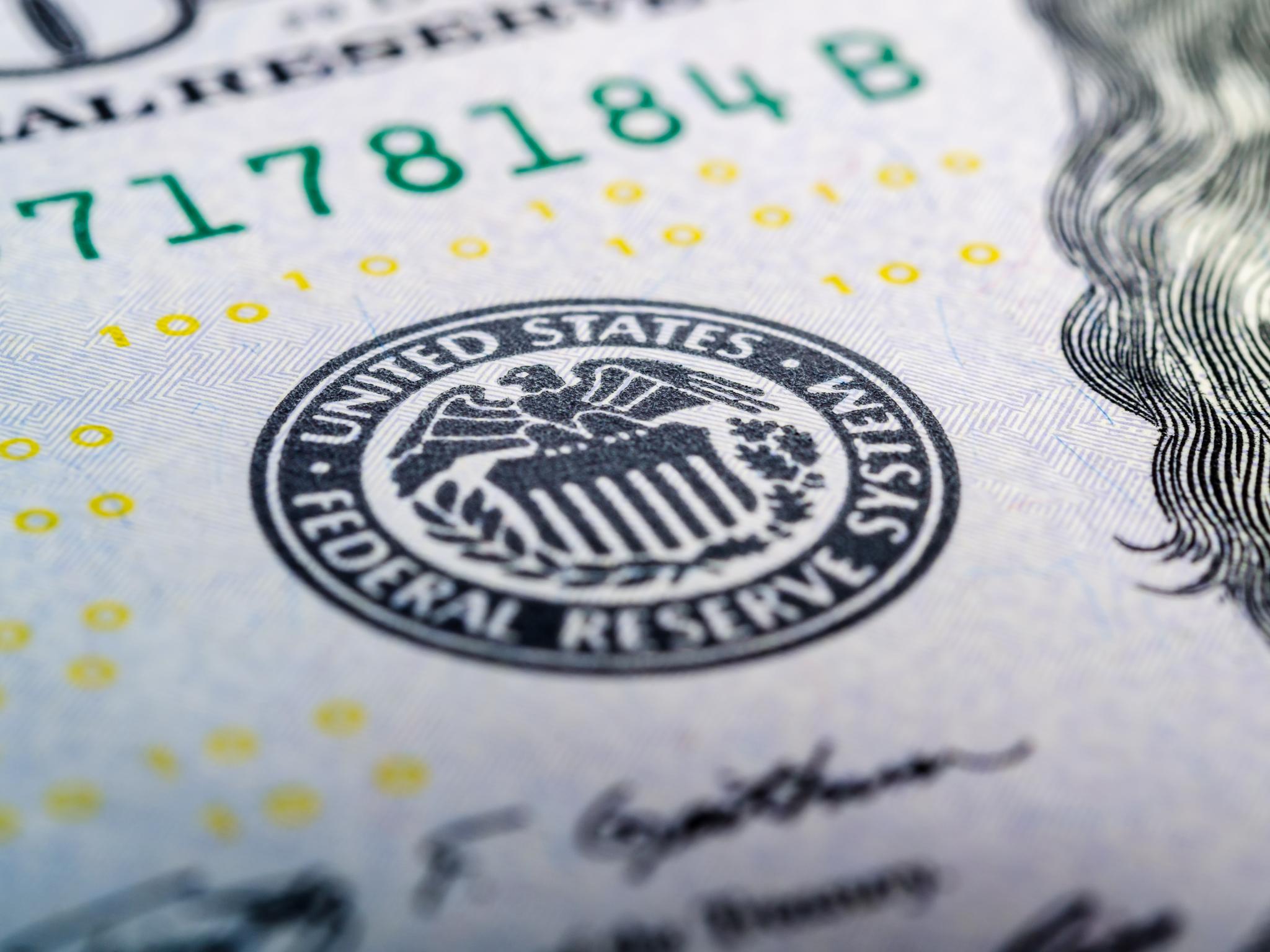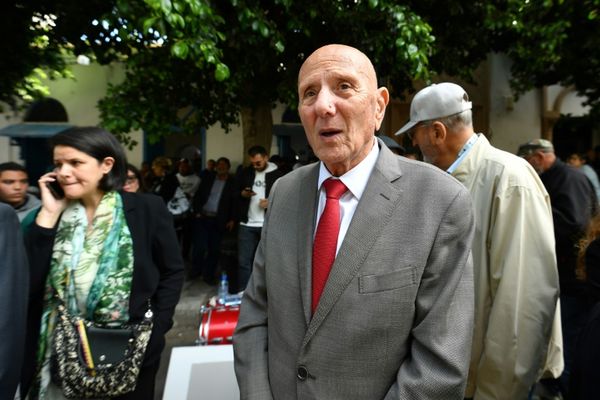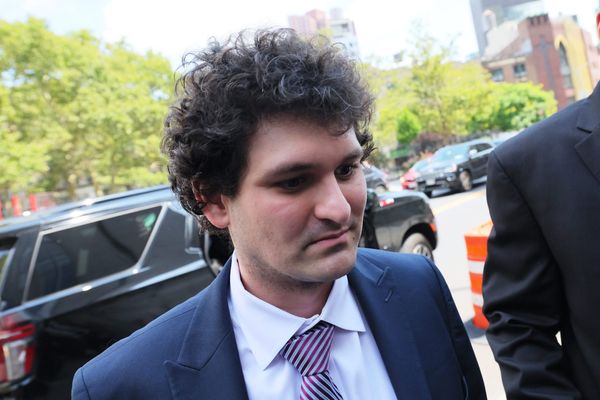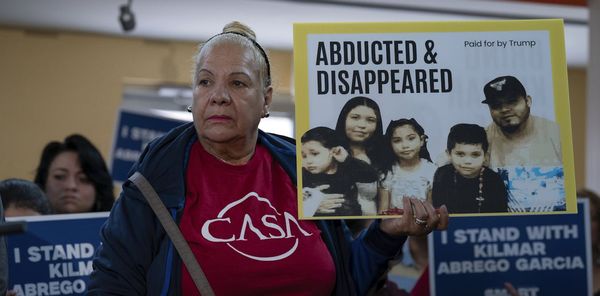
The U.S. Federal Reserve raised its target Fed funds rate by 0.5% in May, its first interest rate hike of that size in more than 20 years.
With this week's Federal Open Market Committee meeting just around the quarter, the bond market is now anticipating the Fed will ramp up its tightening even further with two 0.75% interest rate hikes in the next two months.
Goldman's Prediction: On Monday, Goldman Sachs said the firm expects two consecutive 0.75% rate hikes at the FOMC's June and July meetings.
Related Link: Stock Bloodbath Continues, Pushing S&P 500 Into Bear Market Ahead Of Critical Fed Meeting
"We then expect a 50bp hike in September and 25bp hikes in November and December, for an unchanged terminal rate of 3.25-3.5%," Goldman Sachs chief economist Jan Hatzius said Monday.
"The additional tightening of financial conditions on Friday and Monday, driven by a rise in terminal rate expectations to about 4%, would imply a meaningful further drag on growth that goes somewhat beyond what we think policymakers intend at this point or should be targeting to have the best chance of bringing down inflation without a recession," Hatzius said.
Goldman was one of several firms, including Nomura, JPMorgan Chase, Barclays and Jefferies, to call for a 0.75% rate hike this week after the Labor Department reported an 8.6% increase in the consumer price index on Friday, the largest monthly inflation reading since 1981.
If the Fed opts for a 0.75% rate hike this week, it will be the largest interest rate hike since 1994.
Bond Market Reacts: The bond market is pricing in a much more aggressive path for interest rates than it was just days ago. According to CME Group, the bond market is now pricing in a 96.1% chance of a 0.75% rate hike this week and an 89.7% chance of another 0.75% rate hike in July.
Those percentages are up from 3.9% and 0.4% just one week ago, a remarkable shift in investor sentiment in such a short time.
"The Federal Reserve may be behind the curve, but it doesn't matter, as inflation robs everyone of all income levels," George Ball, chairman of Sanders Morris Harris, said on Tuesday.
"The Federal Reserve realizes that and will do what is necessary in order to restore price normality."
Ball said concerned investors should seek relative safety in low-volatility, high-yield dividend stocks, such as master limited partnerships.
Benzinga’s Take: Rising interest rates are certainly no cause for investors to panic and dump all their stocks just because the SPDR S&P 500 ETF Trust (NYSE:SPY) has entered bear market territory.
Yet investors might consider holding an elevated level of cash for the time being to allow for investing flexibility in the coming weeks if the Fed triggers an even steeper sell-off in stocks.
Photo via Shutterstock.







